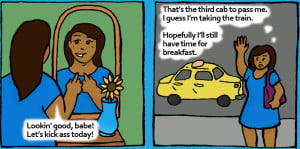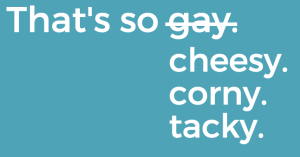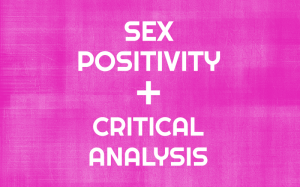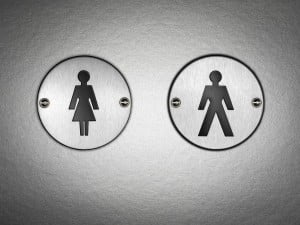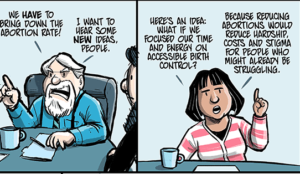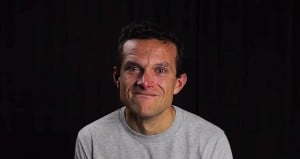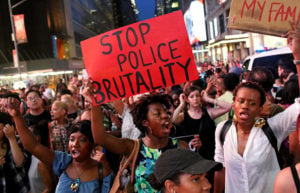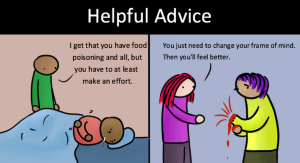Hon’mana: Hi, my name is Hon’mana Seukteoma and welcome to my channel. So it has been almost one year since the Center for Disease Control released their statistics regarding Native American youth among the highest rates of suicide in the US, and it has taken me that amount of time to talk about it with you guys.
I will be sure to link every source that I can down below about this issue, and I know you’re probably thinking, “Why this?” We’re facing so many more issues as Native Americans. There’s the missing and murdered indigenous women and, you know, Oak Flat, and all these different issues that we’re facing – but this one is extremely personal to me, and I really want to talk about it, bring light to the subject, even though this was announced over a year ago, and there are so many things that have happened between this time from then and now. But there’s so much more that we can do about it.
I’m not exactly sure how I wanted to present this subject. At the time, I was undergoing my first year of college and going through these hard times in life, and I didn’t know how to express myself.
I was taking a lot of classes that were aimed around Native American life and learning about Native Americans, and one thing that they kept talking about was this subject. Because it was just announced. These statistics were just released.
We watched this movie in one of my classes. It’s, like, an old movie. I think it was filmed about two decades ago, and we were supposed to write a reaction paper to it, and I wrote mine, and I just wrote what I felt and I don’t know how to present this subject other than sharing this paper that I wrote with you guys:
April 6, 2015, reaction paper #5.
In Victress Hitchcock’s 1993 movie Grandfather Sky, protagonist Charles Lonewolf suffers troubles as a Native American youth. After living in a Metropolitan city and facing arrest, Lonewolf’s mother decides to send him to the rural Navajo reservation to live with his uncle.
During this time on the reservation and gaining exposure to his Navajo culture, Charles learns to overcome his troubles and is finally able to find a sense of belonging. Although this movie was made over two decades ago, Native American youth still face the same issues Charles did, such as having no sense of belonging, having no guidance, and attempting or having thoughts about suicide.
In a world where you’re underrepresented, surmised as incompetent, and given no guidance to reach personal success or happiness, what makes you feel like you belong, and what encourages you to continue with your life?
This is a question many Native American youth have faced and will continue to face for decades to come unless there is a change.
In recent findings and awareness, Native American youth are among the highest rates of suicide in the US. The funny thing is, as a child, in school and with my friends, we all faced attempting or having thoughts of suicide.
No one ever acknowledged our troubles until they found it in their research. All they had to do was listen.
I won’t take a stand against this issue because it’s the new hashtag quote in 2012, or just because we finally have our own hashtag: #DearNativeYouth.
I will take a stand because here I am. I am alive.
Everyone always had their own troubles and I never wanted to bother them with mine. No matter how many nights my mind told me that I couldn’t be happy and that I would never belong, as I get older, every day – and as I lose the last of my teen years – I indulge in these past negative thoughts and feelings. I remember what it was like to feel so hopeless.
I wish somebody would’ve told me when I was a self-harming 12-year-old that seven years later, I would be at the university of my dreams and I would have the strength to not only have fought for my life, but to fight for the chance to be successful and happy. I indulge in this negativity to never lose the understanding of the monster our youth are currently facing.
Now that this issue has gained national attention, how should it be addressed? Do the politicians throw money at it, or do people continue to tweet using the hashtag #DearNativeYouth?
These options are a start to positively addressing these issues, but stigma and fear youth face when voicing their troubles must cease.
Native youth need to know that they can speak and will be heard.
They need to know that they can make mistakes and still be happy. They need to know that they can attempt suicide and still be loved. This is an issue that can take years to change, but I know that there are others like me. Those who grew up feeling lost or had no sense of belonging.
Because of our past troubles and experiences, we are the generation who can serve the youth as the mentors that we never had.
Six months ago, another thing that was going on at the time was “Dear Me,” where you talk to your younger self and tell them all the things you wish you’d heard at that time; and so I think that’s how I want to talk about this, because I’m not sure how to discuss it or what to do.
I don’t have a campaign to run.
I feel like… what I can do is talk to my younger self and extend this message out to all those who are currently facing this struggle right now:
Dear Honey,
You are incredibly beautiful and indescribable. You won’t know this until you’re older – in your late teens – because you have pretty bad self-confidence.
But that’s okay, because that’s a part of you and what makes you who you are, and you’ll come to an understanding that all the struggles that you faced until this point in your life are just building blocks of your life; and they give you adversity, and they give you an edge, and they’ll make you stronger and stronger with each blow and with each hardship.
And I know you’re going through a really tough time right now, but please tell your mom. Please tell your mom.
I know it’s going to be really scary and she will be mad at you, but it’s not that she doesn’t love you. It’s just that she doesn’t understand how such a beautiful young girl could be so unhappy.
But she loves you. And don’t be afraid to tell her. Don’t be afraid to tell anybody.
You’ll come to learn that keeping everything bottled up and to yourself hurts you more than you could imagine, and so please, please don’t stop sharing with people about how you feel and what you’re facing and your struggles. And don’t forget where you come from.
Never forget where you come from, because you’re going to look back and you’re going to see the journey that you’ve taken and it’s going to give you so much more strength to keep pushing forward.
Keep fighting every day, because you’ll always have the chance to make your life what you want it to be.
Thank you for making me who I am today.
I love you.







